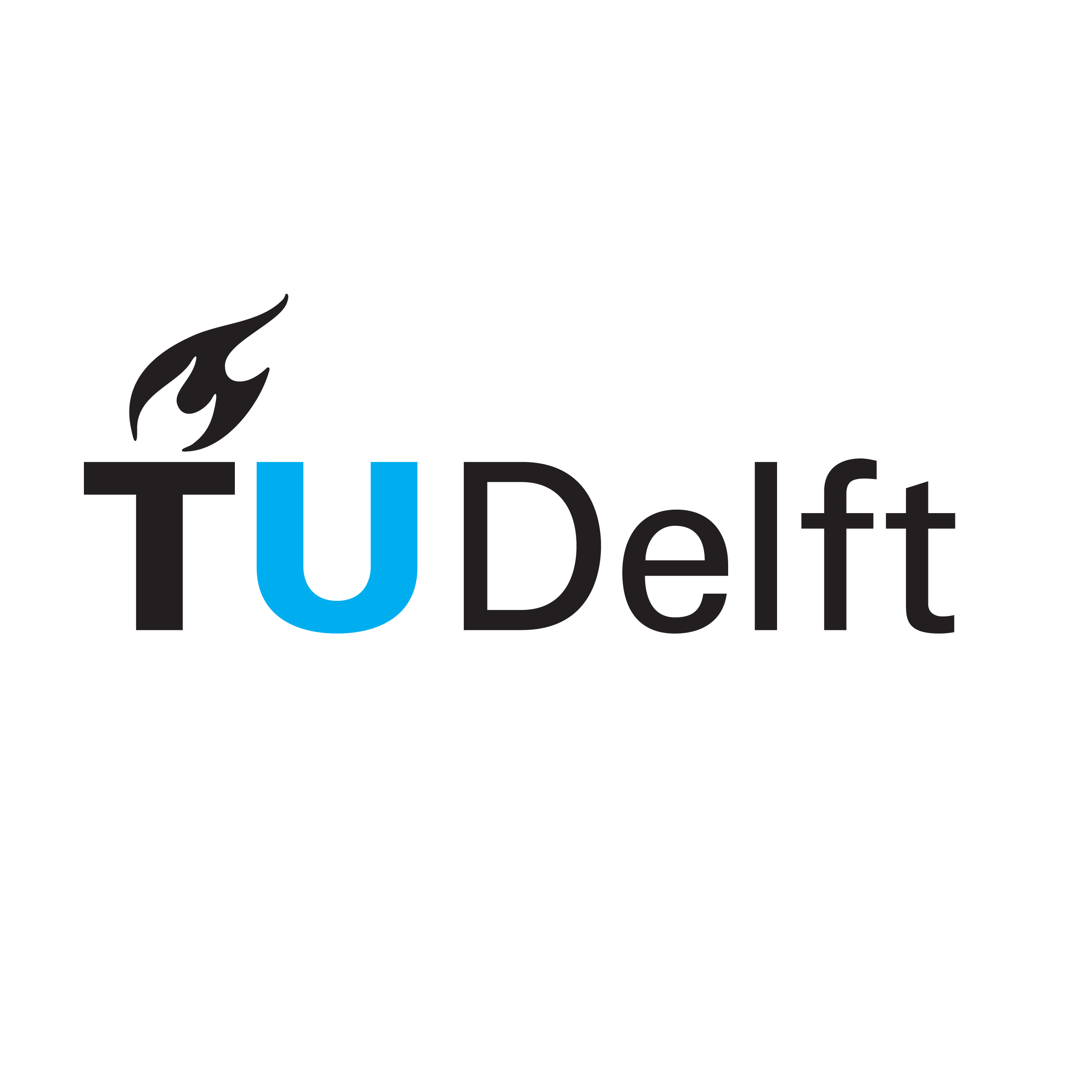Scan cars
We question and explore which public and democratic values should be embedded in the implementation of scan cars. Could they be designed in a way that makes them (more) transparent, understandable or even contestable by citizens?

Scan cars – vehicles that are equipped with sensors to collect data on the urban environment – are becoming increasingly popular to help the municipality to carry out tasks efficiently. For example with parking policy enforcement, waste registration and advertisement taxation. But apart from making the city more efficient and clean, we question and explore which public and democratic values should be embedded in the implementation of these scan cars. For example, with regard to their purpose of urban data collection, could scan cars be designed in a way that makes them (more) transparent, understandable or even contestable by citizens? In other words, what features could make these vehicles more “human”?
Urban data sources and technologies are rapidly expanding into new corners of our everyday experience. To illustrate, scan cars drive around the city to, for example, register parking violations or waste in the city. This is considered ideal in terms of efficiency. But is it just about efficiency?”
— Thijs Turèl, Co-initiator Responsible Sensing Lab
To delve into the aforementioned, we joined forces with UNSense and organized a design sprint. UNSense is a design/strategy organization, founded by UNStudio, that focuses on improving people's living conditions and making buildings and cities more humane and healthier. To realize this, they perceive technology as a design tool.
Design should play a role in guiding the perceptions of, and interactions with, automated sensing systems in the city. Going through this process with the Responsible Sensing Lab's researchers and public servants, we’ll be able to bend the design towards a more consciously chosen, collectively desirable future.”
— Tessa Steenkamp, Sensorial Experience Designer @ UNSense
Together with UNSense, we invited representatives from the City of Amsterdam and Rotterdam, TADA and researchers from TU Delft to join us for a 3-day sprint to design “the scan car of the future”, that also looks at the human and fair values of the advances in technology.
During these sessions, several design strategies were explored. Among others, participants investigated if the sensing the car does could be minimized, if function(s) of the car could become more understandable and what features could be added to possibly bring about benefits for the individual – being the citizens of Amsterdam.
To get a full impression of this design sprint, you're welcome to download this booklet. Ultimately, by leveraging the diverse backgrounds and areas of expertise of the participants, UNSense created four design proposals that rethink the existing model of human scan cars and data collection in the city.



It’s exciting to see so many people across different departments and fields passionate about steering the future of tech in cities in the right direction. The challenge here is how to embed these values within the decision-making and budgeting processes of organizations.”
— Connor Cook, Sensorial Experience Designer @ UNSense
The energy in the sessions was impressive; it’s an indication that we’re on to something. When people from different backgrounds come together and share their expertise, people tend to be more open and creative. It’s great to see what cool ideas you come up when people from different sectors join forces.”
— Marije Wassenaar, Programmamanager New Business Innovations @ AMS Institute





